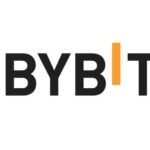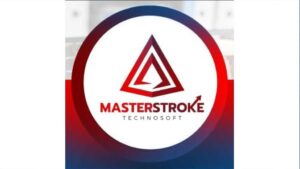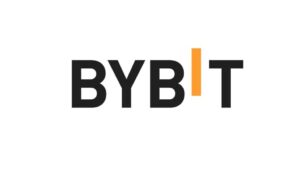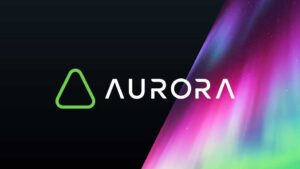Particularly in the healthcare industry, blockchain technology is at the forefront of the rapid technical breakthroughs that the Middle East is seeing. The area is now prepared to use blockchain technology to improve security, transparency, and interoperability while addressing important difficulties in the administration of healthcare data.
Changing Patient Privacy and Data Security
The potential of blockchain technology to transform patient privacy and data security is one of the most important benefits for the healthcare industry. In order to protect sensitive patient data, nations in the Middle East, such as Saudi Arabia and the United Arab Emirates, are investigating the decentralized, immutable ledger technology of blockchain. Blockchain provides an enhanced solution by encrypting data, guaranteeing that only authorized workers may access it. This is in response to the growing concerns about data breaches and cyber-attacks. This function guards against unwanted access to medical records and aids in maintaining patient confidentiality.
Improving Interoperability of Data in Healthcare Systems
One of the biggest problems facing the Middle Eastern healthcare industry is still data interoperability. Disparate systems are frequently used by various clinics, hospitals, and healthcare providers, which results in fragmented patient records. Blockchain technology can assist in resolving this issue by establishing a single, decentralized database that facilitates easy data sharing between various healthcare organizations. This will improve diagnosis accuracy and care coordination by giving medical professionals access to a patient’s whole medical history wherever they may be.
Simplifying Chains of Medical Supplies
Blockchain can be used for more than just patient data; it can also be used to optimize the healthcare supply chain. Transparency in the supply chain is essential because a large amount of medical products in the Middle East are imported. Blockchain technology ensures product authenticity and lowers the possibility of fake goods reaching the market by tracking medical products throughout their whole lifecycle, from production to delivery. Healthcare providers in the area can improve patient safety by making better purchasing decisions and gaining real-time visibility into the supply chain.
Cutting Administrative Expenses and Increasing Productivity
Redundant paperwork and bureaucratic procedures can drive up administrative costs in the healthcare industry. The Middle Eastern healthcare system can automate and streamline these procedures with blockchain technology, cutting down on the need for middlemen and operating expenses. Blockchain technology allows for the autonomous execution of contracts under certain conditions, known as smart contracts. This feature guarantees speedier processing times and lowers the possibility of human error.
Encouraging Medical Research and Information Exchange
Additionally, blockchain technology creates new opportunities for data sharing and medical research throughout the Middle East. A large, decentralized database of anonymised patient data is accessible to researchers and medical practitioners, improving research capacities while protecting patient privacy. Predicting disease outbreaks, developing tailored therapy, and enhancing treatment outcomes can all benefit greatly from this data. Blockchain makes it possible to share data in a transparent and safe manner, which encourages cooperation between academics, medical facilities, and pharmaceutical firms.
Overcoming Obstacles in Regulatory Compliance
Strict regulations are in place to secure patient information and guarantee high-quality healthcare throughout the Middle East. Because blockchain maintains an unchangeable record of all transactions and data exchanges, it can make compliance easier. Healthcare firms can readily demonstrate regulatory compliance thanks to this transparency. Governments throughout the region are seeking to establish favorable regulatory frameworks that will promote the adoption of blockchain technology as they become more aware of its potential in this field.
Blockchain’s Prospects in Middle Eastern Healthcare
Blockchain’s prospects for managing healthcare data in the Middle East appear bright. To fully explore its possibilities, governments and private sector parties are already investing in experimental initiatives and joint ventures. Blockchain has the potential to be the cornerstone of a more effective, safe, and transparent healthcare system that benefits patients and providers equally as the area continues to embrace more cutting-edge technologies.




























